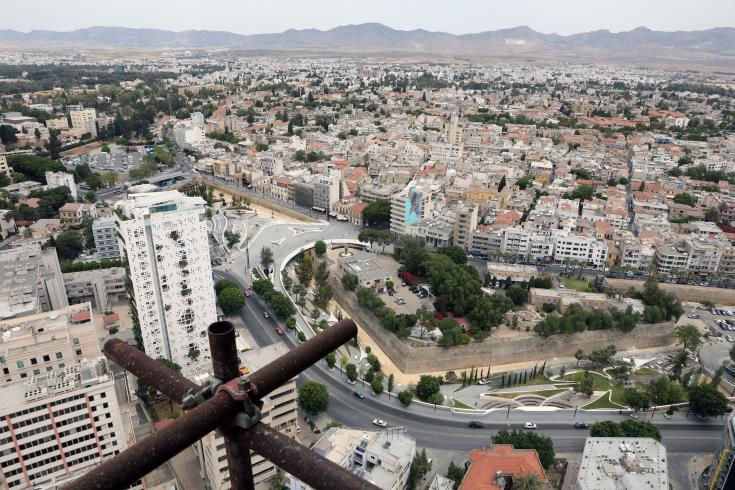According to the EU requirement against money laundering, Cyprus announced its intention to create a beneficial owners register of Cyprus companies.
Data collection is expected to begin on March 16.
This will be done by the Ministry of Energy, Commerce and Industry. Companies based in Cyprus will have six months to provide all the necessary information to be entered into the register of the so-called Ultimate Beneficial Owner (UBO).
Supporters of tougher anti-money laundering laws are confident that the introduction of a new registry will have a significant impact on Cyprus, as the country has long been a place of attraction for individuals who hide their capital behind mailbox companies.
“We will give companies six months to collect all the details to enter into the system,” said Antonia Faita-Stavride, a senior administrative officer at Cyprus’s Ministry of Energy, Commerce and Industry.

It should be noted that experts expressed the opinion that some companies would rather prefer to change the country than to disclose the names of their beneficial owners. Just as happened in 2020 after tightening controls by Cypriot banks.
Supporters of the UBO Registry Initiative have confessed that finding the ultimate owners of some Cyprus companies is just like looking for a needle in a haystack as they have to wade through a complex maze with lots of managers and directors inside and outside Cyprus.
'Shell companies are the most commonly used money laundering 'tools' in Cyprus,' said Maira Martini, a head of Transparency International’s research and policy on beneficial ownership transparency and anti-money laundering.
In turn, Katerina Antoniou, director of Compliance, Regulatory, Anti-Money Laundering at Deloitte, noted that UBO could provoke a new wave of redomiciliation, especially among those organizations that would like to avoid getting into the new registry.
It should be mentioned that at the first stage UBO will not be public as only a certain circle of authorized persons will have access to it: competent authorities, representatives of MOKAS (anti-money laundering division), law enforcement and tax authorities. Also, in order to verify their clients, access will be provided to banking institutions and registration agents.
The government also plans to integrate the registry with other databases for greater efficiency.
